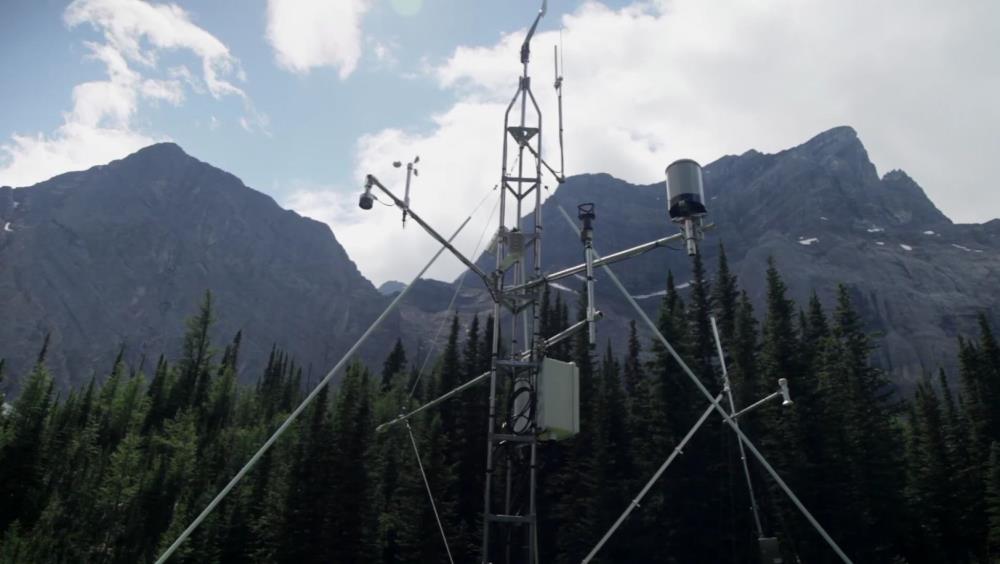
Related items loading ...
Section 1: Publication
Publication Type
Thesis
Authorship
Abu, Razak
Title
Knowledge, Use, and Change in the Saskatchewan River Delta: Assessing the Changing Livelihoods of Cumberland HouseMétis and Cree Nation
Year
2017
Publication Outlet
University of Saskatchewan, Harvest
DOI
ISBN
ISSN
Citation
Abu, Razak (2017). Knowledge, Use, and Change in the Saskatchewan River Delta:Assessing the Changing Livelihoods of Cumberland HouseMétis and Cree Nation. University of Saskatchewan, Harvest
Abstract
Ecosystem functions and processes yield a flowof vital goods and services essential for human well-being. Changes, therefore, in the capacity ofecosystemsto provide thesegoods and services can have implications for human well-being. In the Canadian north, many large freshwater deltas lie downstream fromhydropower dams that have altered the deltas’hydrology over the past 50 years. Since natural flow and flood regimes are crucial for biological processes in riverine landscapes, alteration of these regimes has implications for the downstream deltas and the Indigenous communities that depend on the ecosystemsfor their livelihoods and cultural meanings. Interestingly, however, the extent and magnitude of the social-ecological changesstemming from the changes in hydrology areunknown. This knowledge gap remains for two main reasons: first, few studieshave assessed the long-term impacts of hydro-dams on northern communities,and, second, post-project impact assessments/researchin Canada are not very common. This researchinvestigated the long-term hydro-ecological changesin the Saskatchewan River Delta (SRD)and explored the implicationsof these changes for thewell-being and adaptation of the Indigenous peoples of Cumberland House who reside there. Researchstrategiesincluded long-term engagement withresidentsof Cumberland House, involvingfield observations, oral histories,and semi-structured interviews. These strategies were complemented byarchival research and data collected on environmental change usingscientific instruments. The objectivesfor the study were as follows:(a) to examine the long-term hydro-ecological changesin the SRD by drawing on Western scientific and Indigenous knowledge systems; (b)to assess the cultural and spiritual values derived from the SRDand explore how changesin the delta have affected the local interpretations of ecosystem services and well-being; and (c) to examine the adaptive strategies of the people of Cumberland House to the changing social-ecological system.Results revealed reductionsin populations of all species of wildlifeand some species of fish,alterations of travel routes, changesin lake and riverlevels,reductionsinoutfitting opportunities, and changes in the duration of berry-growing seasons and the growth patterns of berry plants. All ofthese changes have directly affectedthe livelihoods and the cultural meanings that residents derive from the delta. The resultsalso revealed that Cumberland House residents have developed culturally adaptiveresponsesto the changes in the delta.Thisresearchaddsto the few studies on the impacts of hydro-dams in Canadaand speaks to the need for more iiipost-project impact assessments/researchof already-built dams, especially those constructed before environmentalimpact assessments were required.The findings of this researchalso make valuable contributions to policies on land use and development. Finally, the research makes suggestions for how Indigenous people can be engaged in decision-making and adaptation planning that affect their lives.
Plain Language Summary


 GWFNet
GWFNet Master
Master Data
Data Research
Research Map
Map
 Advanced
Advanced Tools
Tools
 . . .
. . .
 Metadata Editor
Metadata Editor
 Record List
Record List
 Alias List Editor
Alias List Editor
 Legacy sites
Legacy sites